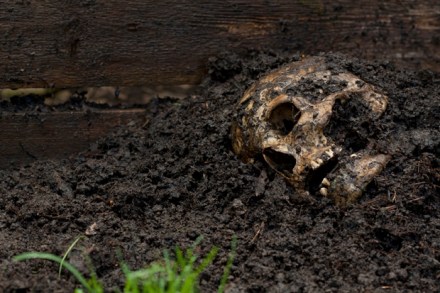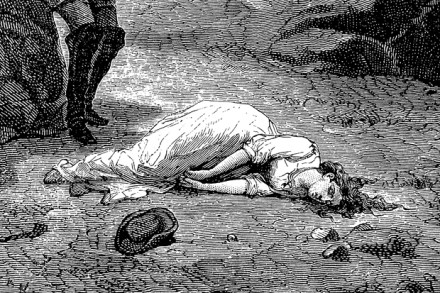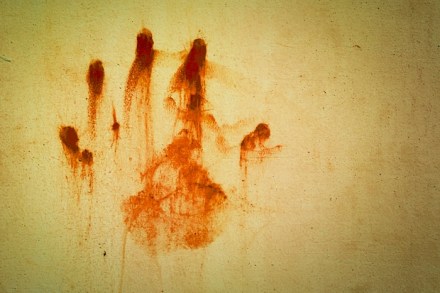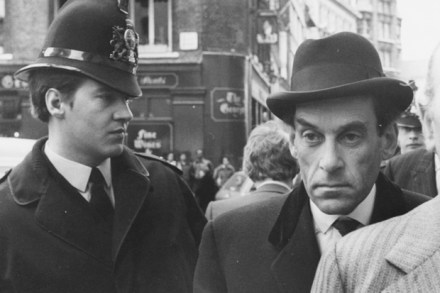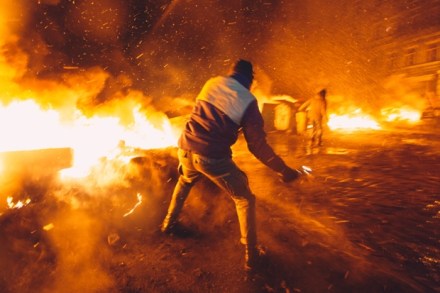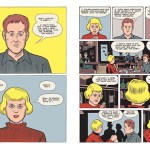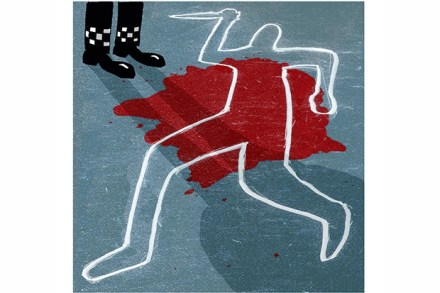Where there’s a will…
‘Clonakilty, God help us,’ my Irish mother would say automatically when we drove into the town, in pious remembrance of those who had died there during the famine. Clonakilty acquires another corpse in Closed Casket, Sophie Hannah’s second novel to feature Agatha Christie’s Hercule Poirot, which is set mainly in a country house nearby. The continuing success of the Christie brand is one of the marvels of the modern entertainment industry. Estimates of her global book sales start at two billion. Only last August, the BBC announced that it had commissioned seven new Christie adaptations over the next four years. So it’s scarcely surprising that Agatha Christie Ltd and her








